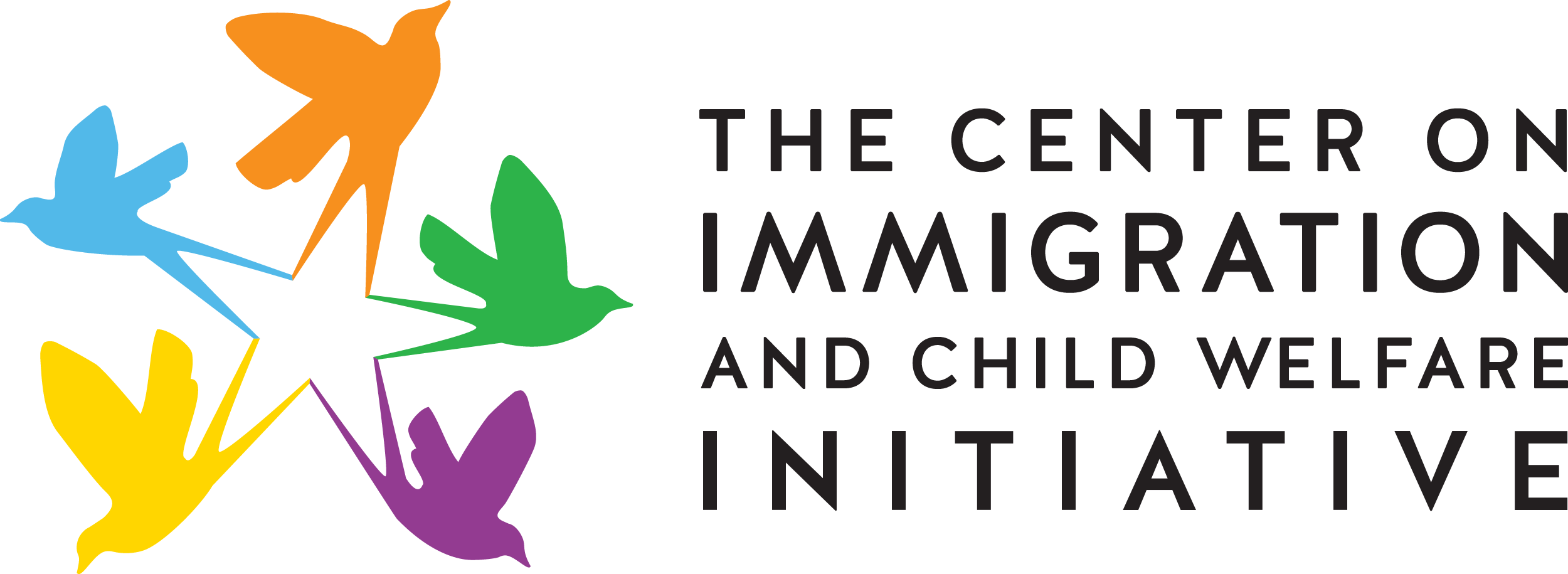Early Learning Specialist/Home Visitor Procedures – If ICE Knocks on the Door During a Home Visit
Parent Child Plus (August 2019)
This resource provides know-your-rights information and guidance on procedures for home visitors and other professionals for situations in which ICE comes to a family’s home during a home visit.

